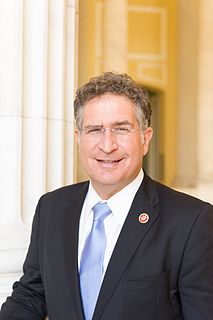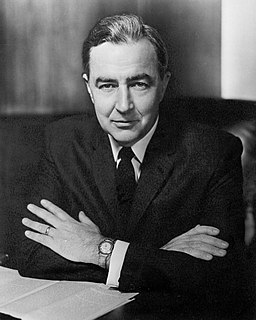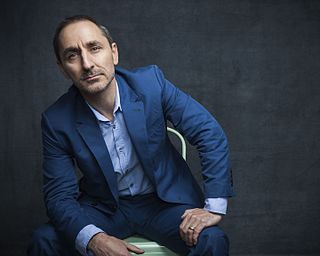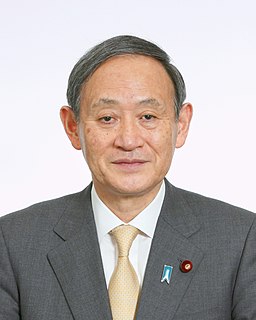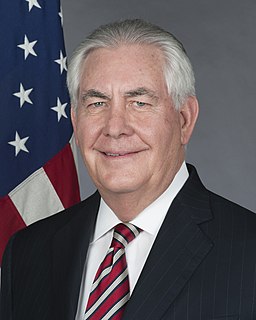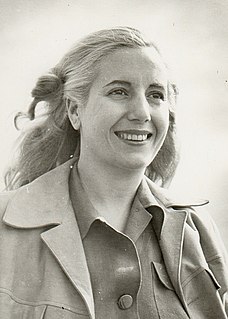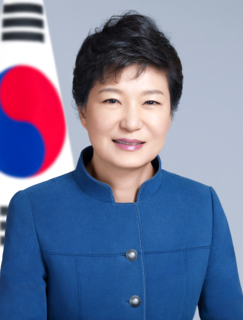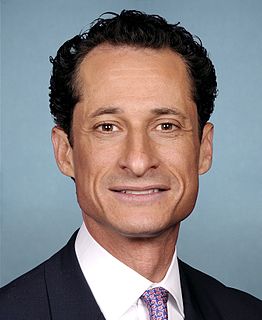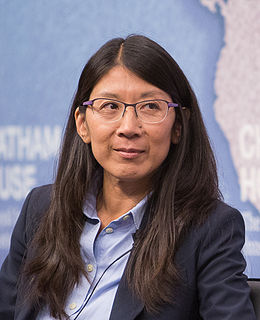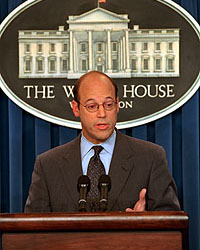Top 1200 Humanitarian Aid Quotes & Sayings
Explore popular Humanitarian Aid quotes.
Last updated on November 7, 2024.
The humanitarian aid system is built on a concept that when disaster strikes, outside agencies provide a temporary helping hand until people can take back control of their own lives. But across the world, we see millions of people caught in semi-permanent crises. As each year goes by, they are less and less likely to break free.
Easterly, a celebrated economist, presents one side in what has become an ongoing debate with fellow star-economist Jeffrey Sachs about the role of international aid in global poverty. Easterly argues that existing aid strategies have not and will not reduce poverty, because they don't seriously take into account feedback from those who need the aid and because they perpetuate western colonial tendencies.
The humanitarian wishes to be a prime mover in the lives of others. He cannot admit either the divine or the natural order, by which men have the power to help themselves. The humanitarian puts himself in the place of God.
But he is confronted by two awkward facts; first, that the competent do not need his assistance; and second, that the majority of people positively do not want to be "done good" by the humanitarian. Of course, what the humanitarian actually proposes is that he shall do what he thinks is good for everybody. It is at this point that the humanitarian sets up the guillotine.
The notion that aid can alleviate systemic poverty, and has done so, is a myth. Millions in Africa are poorer today because of aid; misery and poverty have not ended but increased. Aid has been, and continues to be, an unmitigated political, economic, and humanitarian disaster for most parts of the developing world.
What kind of world does the humanitarian contemplate as affording him full scope? It could only be a world filled with breadlines and hospitals, in which nobody retained the natural power of a human being to help himself or to resist having things done to him. And that is precisely the world that the humanitarian arranges when he gets his way.
After the war in Afghanistan, Anna [Wintour, editor of Vogue], deciding to save the world one hair-roller at a time, thought the best way to help the women in this beleaguered country was to start a small beauty school in Kabul, where aid workers could get their roots done. Vanity Fair, edited by Bush-basher Graydon Carter, cheered her great humanitarian effort.
Almsgiving tends to perpetuate poverty; aid does away with it once and for all. Almsgiving leaves a man just where he was before. Aid restores him to society as an individual worthy of all respect and not as a man with a grievance. Almsgiving is the generosity of the rich; social aid levels up social inequalities. Charity separates the rich from the poor; aid raises the needy and sets him on the same level with the rich.
This year marks 20 years since the Rwandan genocide -- the world's greatest humanitarian tragedy of the late 20th century. The international community had pledged 'never again' in the aftermath of the genocide in the former Yugoslavia and Rwanda in the 1990s. Yet, we are witnessing today a different type of humanitarian disaster unfolding in Syria and Iraq.
Moyo, a Zambia-born economist, asserts that aid is not only ineffective-it's harmful. Her argument packs a strong punch because she was born and raised in Africa. Moyo believes aid money promotes the corruption of governments and the dependence of citizens, and advocates that an investment approach will do more to help reduce poverty than aid ever could.
The reason the world is in the spot it's in is because North Korea entered into an agreement and then did not keep up their terms of the agreement. They received aid in return for promising not to develop nuclear weapons. They took the aid, they ran with the aid and then they developed a nuclear weapons anyway.

